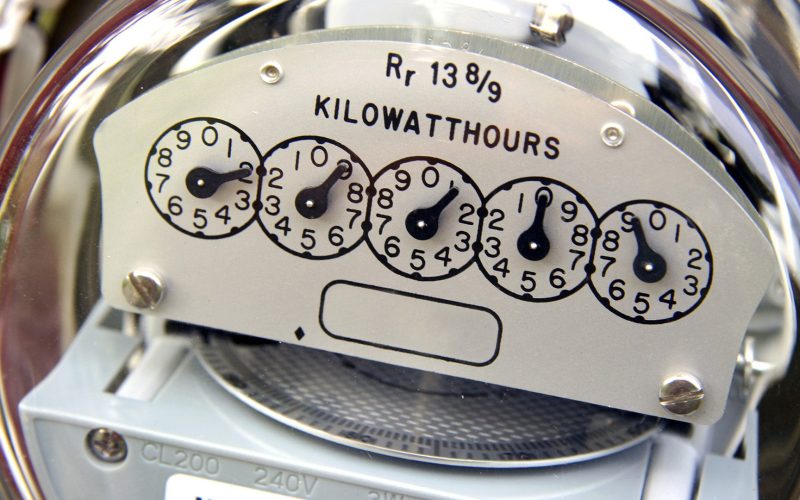THE VOICE FOR THE ENERGY CONSUMER
CEA-Florida’s Kevin Doyle writes on the opinion page at Tallahassee.com why Florida should consider Nuclear energy as a source for electricity. Tallahassee.com: Due in part to our beautiful beaches, growing.
Writing in the Midland Reporter-Telegram, CEA friend, Jim Nelson of Warren CAT calls attention to the importance of roads and transportation funding to the Texas economy. MyWestTexas.com Texas is a.

EPA Administrator Gina McCarthy stopped by the newsroom of her hometown paper, The Boston Globe, to answer an array of questions including several on the Keystone XL pipeline. Globe Reporter.
EPA Administrator Gina McCarthy stopped by the newsroom of her hometown paper, The Boston Globe, to answer an array of questions including several on the Keystone XL pipeline. Globe Reporter.

Consumers are seeing savings because the United States is producing more natural gas from shale formations than any other country, ahead of China and Russia. “We are on a trajectory.
In Florida, CEA is advocating to build the Keystone XL pipeline. Exec. Director Kevin Doyle makes the case: Sunshine State News: Kevin Doyle, executive director of the Consumer Energy Alliance-Florida,.
On Wednesday in Atlanta, the Environmental Protection Agency held one of their eleven planned public listening sessions meant to gather feedback from stakeholders and the general public as they work.
Patrick Brown of the Canadian Electricity Association discusses cross border green power during the North American Energy Dialogue at the Embassy of Canada.
.Panelists at the North American Energy Security Dialogues discuss if the debate around Keystone XL is the high water mark for anti-development activists or is this the beginning of a.

“We have won the lottery we just have to figure out a strategy to cash the ticket,” said Gary Doer, Canada’s ambassador to the United States, in remarks to the.